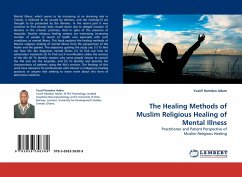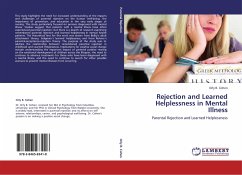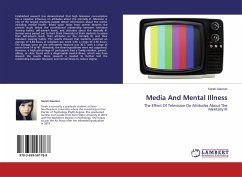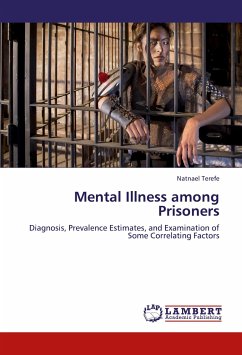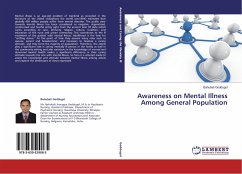People with mental illness have been negatively treated, stereotyped and rejected due to the societal notions and misconceptions about mental illness. Recent studies claim that the dangerousness criterion of the involuntary commitment statute accounts for psychiatric stereotyping and discrimination despite improved treatments and better prognosis for mental illness. The purpose of this study was to investigate the cultural conceptions of mental illness within an African culture residing in Botswana versus the same conceptions within an American culture residing in Miami, Florida. This was achieved by examining the current cultural conceptions of mental illness within each culture. We explored the cultural differences of individuals perceptions of involuntary hospitalization of people with mental disorders as specified by the mandatory commitment statutes from each culture.
Bitte wählen Sie Ihr Anliegen aus.
Rechnungen
Retourenschein anfordern
Bestellstatus
Storno


